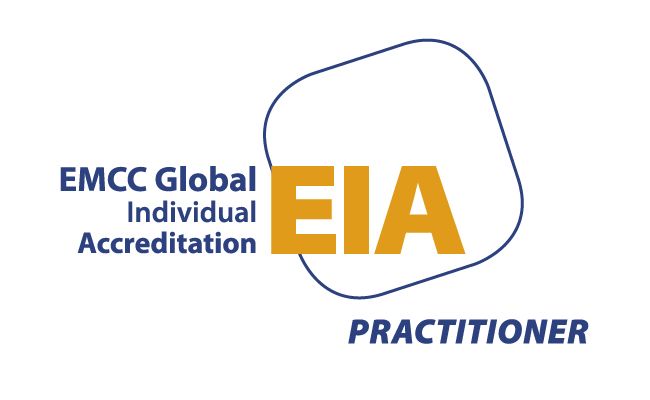Values Based Leadership - Living the Mission not just leading it
Barbra Carlisle • August 21, 2025
What does it mean to truly live your organisation’s values?

I have had a couple of interesting conversations this week about living the organisation's values day in day out.
Values-based leadership is increasingly recognised as a cornerstone of effective organisational culture. Nottingham Trent University’s micro-credential in Values-Driven Leadership teaches leaders to solve ethical dilemmas by leveraging their values, not compromising them.
This approach fosters integrity, trust, and systemic thinking. All qualities essential for navigating complex social challenges.
One way to ensure that you and your team are living your organisation's values daily are to ensure that the values are
1. known acorss the whole employee teams
2. are clear and simple and actually mean something
3. Are translatable and actionable..
One CEO, Sophie Livingstone of Little Village
described to me on The Unlikely Executive Podcast
how their organisational values are lived, revisited, and refined through regular team sessions exploring behaviours and alignment. This mirrors best practice which emphasises the importance of translating values into observable behaviours and embedding them into daily decision-making.
Inclusive and compassionate leadership directly improves staff engagement and organisational outcomes. When leaders embody the values they espouse, they create cultures where people feel seen, heard, and empowered.
Sophie’s vision for scaling Little Village alongside families, and her role in the Baby Bank Alliance, reflects a values-driven strategy that goes beyond operational delivery. It’s about creating political and public will to end child poverty. A goal that requires collective leadership and moral clarity.
In a time when leadership is often measured by metrics and outputs, Sophie’s example reminds us that how we lead is just as important as what we achieve. Values-based leadership is not just a philosophy. It's a practice that transforms organisations from the inside out.
Five Tips for Embedding Values in Leadership Practice:
1. Make Values Visible
Display your organisation’s values in shared spaces and digital platforms. Use them to guide decisions and celebrate behaviours that reflect them.
2. Facilitate Regular Values Workshops
Like Little Village’s triannual sessions, create space for teams to explore how values show up in their work and where alignment can be strengthened.
3. Model Values in Action
Leaders should “muck in” when possible—whether that’s joining frontline work or being transparent in tough decisions. Authenticity builds trust.
4. Use Values in Recruitment and Onboarding
Integrate values into job descriptions, interviews, and induction processes to ensure cultural fit and shared purpose from day one.
5. Create a Values-Based Feedback Culture
Encourage feedback that references values e.g., “I appreciated how you showed compassion in that meeting.” This reinforces desired behaviours and deepens cultural alignment.
If you would like to know more about leadership perspectives sign up and be the first to hear the news.
You can also contact me at barbra@gleecoaching.com if something in the articles resonate.




